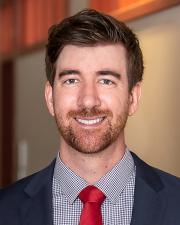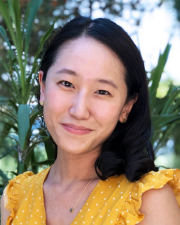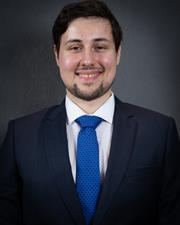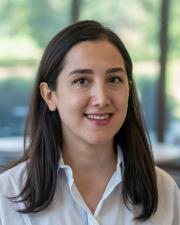Ph.D. in Marketing
What sets KU apart
- Collaboration with globally recognized faculty: Faculty members closely supervise doctoral students in one of two tracks offered: consumer behavior or quantitative.
- Personalized mentorship and small cohort: Each student is assigned an academic advisor, who guides you in course selection and other general academic requirements.
- Access to premier resources: Connect with a wide range of research databases and resources to support your scholarly work.
- Flexible timeline: Complete your doctorate in four to five years, tailored to your research and career goals.
Building your research portfolio
You'll begin to collaborate with faculty on research projects early in the program, enabling you to have more than one paper under advanced review at premier marketing journals as you begin the job search during your penultimate year in the program.
List
Research
The marketing department has young and dynamic faculty, dedicated to producing high-quality research that is published in top-tier marketing and interdisciplinary journals. Students will begin to collaborate with faculty members on research projects early in the doctoral program.
List
Teaching
Part of our mission is to develop effective teachers. To that end, all doctoral students are required to teach at least two sections as independent instructors. The school and university prepare and reward doctoral students for excellence in teaching through various programs and awards.
What to expect in the program
- Year 1: Coursework and research
- Year 2: Coursework and research
- Year 3: Comprehensive exams and research
- Year 4: Dissertation and job market
- Year 5 (if necessary): Dissertation and job market


















